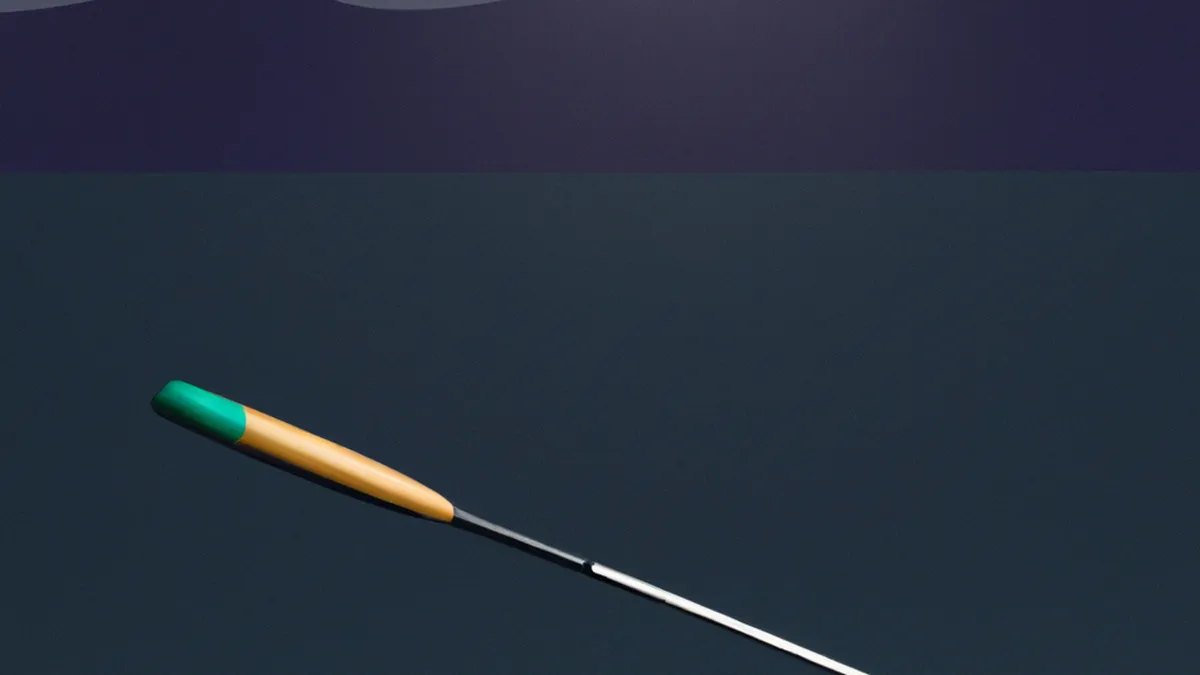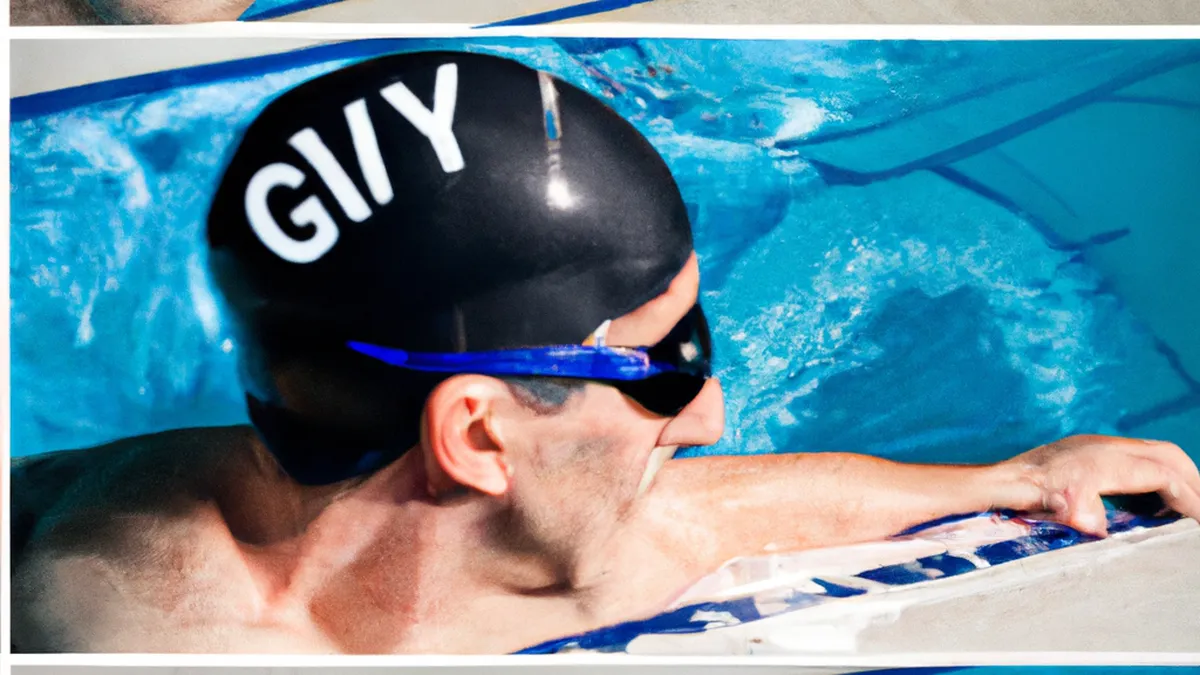Connect with Your Team Beyond the Boat
Communication Skills for Rowing CoachesRowing coaches must communicate effectively. Clear instructions boost team performance and create a positive atmosphere. Coaches should convey messages clearly and motivate athletes. This blog post highlights essential communication skills for rowing coaches to develop.
Active Listening
Active listening plays a crucial role in coaching. It helps coaches understand athletes and respond effectively. This skill requires full engagement, not just hearing words. Coaches should pay attention to verbal and non-verbal cues, like body language and tone. Valuing athlete input enhances trust and rapport.
Ask Open-Ended Questions
Encouraging dialogue through open-ended questions promotes communication. Instead of yes/no questions, ask deeper ones. For example, “What challenges do you face in training?” This invites athletes to share thoughts and feelings, helping coaches assess understanding and support needs.
Reflect and Clarify
After listening, coaches should reflect on athletes’ words. Paraphrasing confirms comprehension and shows engagement. For instance, if an athlete feels frustrated about their stroke technique, say, “You find the start challenging and it affects your performance?” This encourages athletes to elaborate and fosters understanding.
Clear Instructions
As an Amazon Associate I earn from qualifying purchases.
Gear tip: consider rower gloves, seat pad, and dry bag to support this topic.
Clarity is crucial when delivering instructions. Coaches should use simple language and focus on one concept at a time. Avoid jargon that confuses athletes; break down complex ideas into manageable parts.
Use Visual Aids
Visual aids enhance understanding significantly. Coaches can use diagrams, videos, or demonstrations to illustrate techniques. Athletes grasp concepts better when they see them in action. For example, showing a video of a professional rower executing a perfect stroke provides a clear model. This method reduces misunderstandings and boosts athletes’ confidence.
Provide Context
Providing context when giving instructions is essential. Explain the importance of a technique for overall performance. For instance, say, “This stroke improves your speed by enhancing your catch.” When athletes understand the purpose behind techniques, they stay motivated and value their training.
Constructive Feedback
Constructive feedback is essential for growth. It helps athletes identify strengths and areas for improvement. Start by highlighting what athletes do well before discussing development areas. This approach builds confidence and encourages openness to feedback.
Be Specific
Vague feedback frustrates athletes. Instead of saying, “You need to row better,” give specific suggestions for improvement.
Conclusion
Effective communication skills are vital for rowing coaches. Coaches should practice active listening, clarity, and constructive feedback to enhance team performance.
Below are related products based on this post:
FAQ
Why are communication skills important for rowing coaches?
Communication skills are essential for rowing coaches as they enhance team performance and create a positive atmosphere. Clear instructions and effective communication help motivate athletes and ensure they understand the training process.
What role does active listening play in coaching?
Active listening is crucial in coaching as it allows coaches to understand athletes better and respond appropriately. By fully engaging with athletes and paying attention to both verbal and non-verbal cues, coaches can build trust and rapport.
How can coaches provide effective feedback?
Coaches can provide effective feedback by being specific and highlighting both strengths and areas for improvement. This approach builds athletes’ confidence and encourages them to be open to suggestions for development.















Post Comment